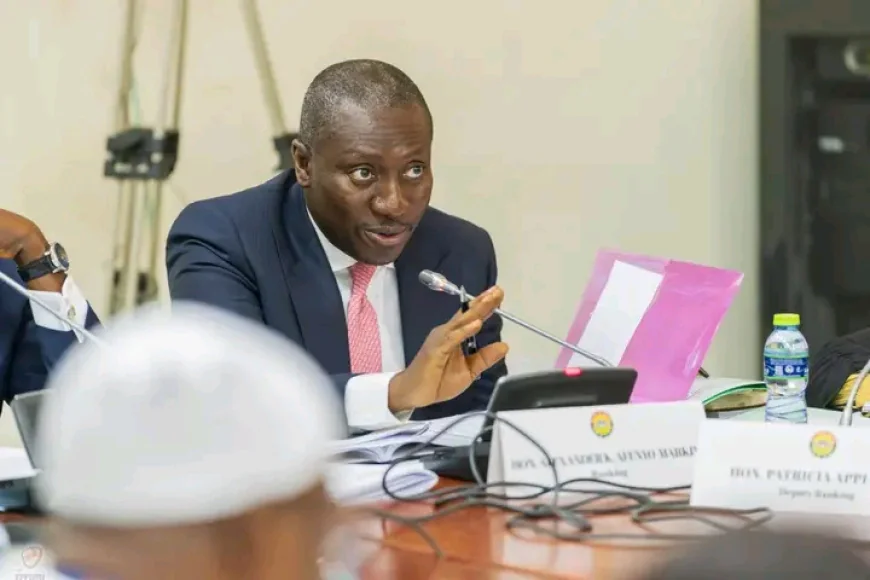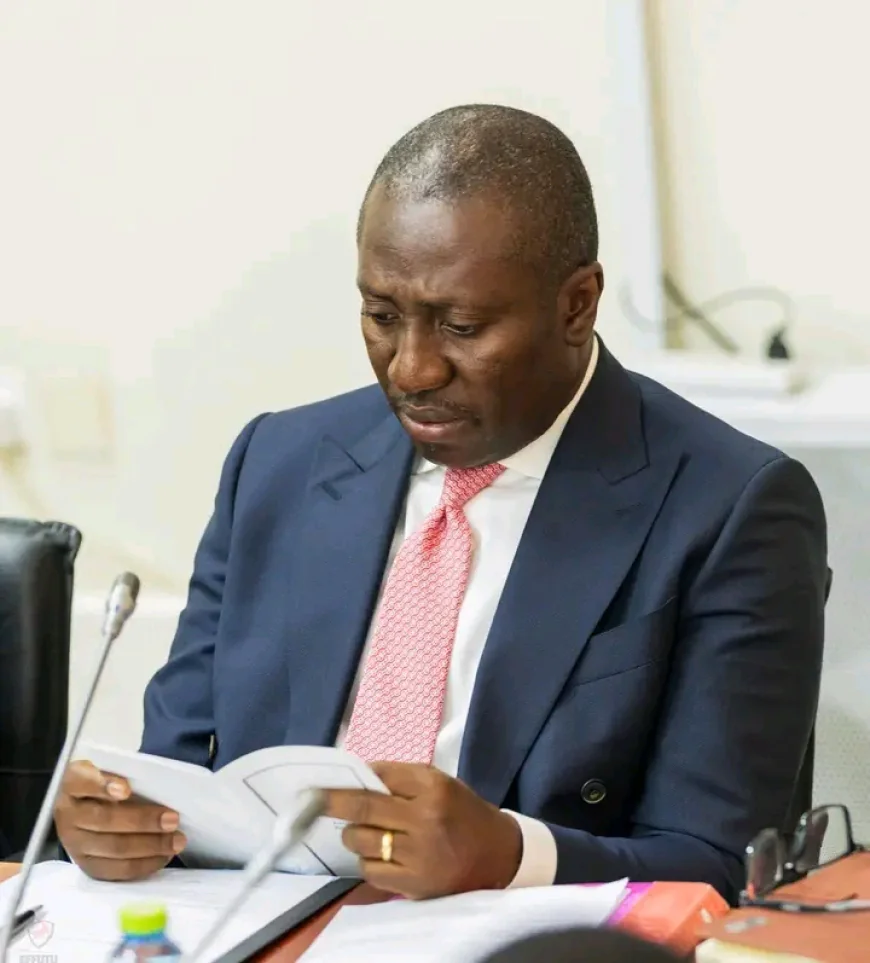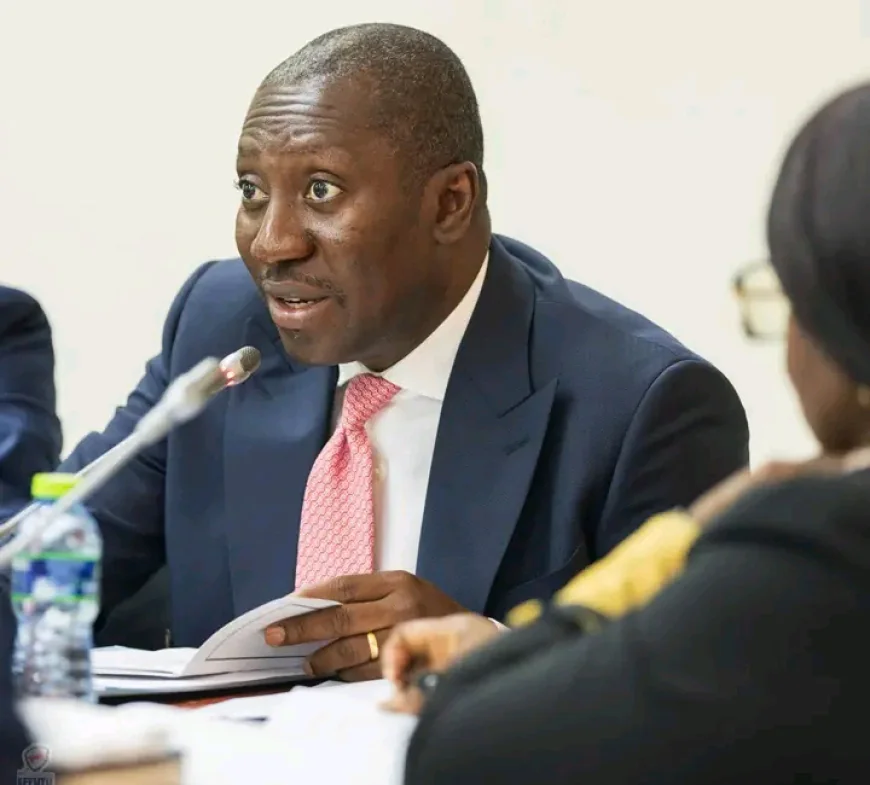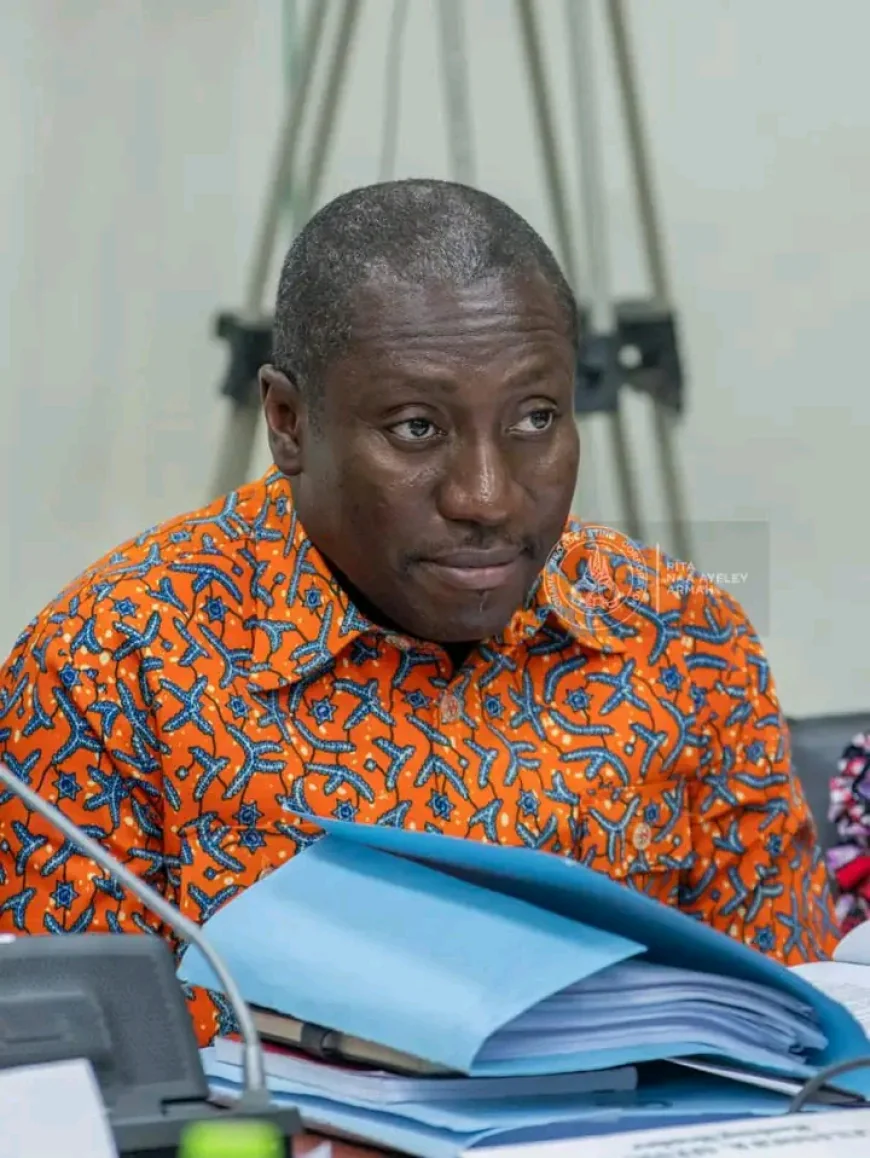Minority Leader Slams Government Over “Double Standards” in Supreme Court Appointments
Ghana's Minority Leader criticizes the government for “staggering double standards” in appointing seven new Supreme Court justices, citing political motives and lack of transparency.
The Minority Leader in Parliament has launched a strong critique against the government, accusing it of “staggering double standards” over the vetting of seven new nominees to the Supreme Court.
Speaking to the media following the vetting process in Parliament, the Minority Leader questioned the rationale behind the appointments, particularly at a time when the country is facing economic pressures. He argued that the government’s current actions contradict its previous stance on judicial appointments under similar circumstances.
“It is astonishing that a government which once criticized others for similar judicial nominations is now pushing through seven Supreme Court appointments. The inconsistency is glaring and troubling,” he stated.

According to the Minority, the move appears to be politically calculated, potentially aimed at influencing the judiciary’s composition ahead of future legal and electoral challenges. Concerns were also raised about the lack of thorough national dialogue and the speed of the appointments.
While acknowledging the President’s constitutional mandate to nominate justices, the Minority emphasized that such powers must be exercised in the national interest, with fairness and transparency at the core.
The issue isn’t just about numbers,” the Minority Leader said. “It’s about principle, integrity, and preserving the independence of one of our most vital democratic institutions.

The vetting of the seven nominees has reignited public debate about judicial reforms and the need for bipartisan consensus in appointments to Ghana’s highest court.
As the process moves forward, all eyes remain on Parliament and the Judiciary, with many citizens and legal observers calling for greater accountability and impartiality in the country’s democratic institutions.




